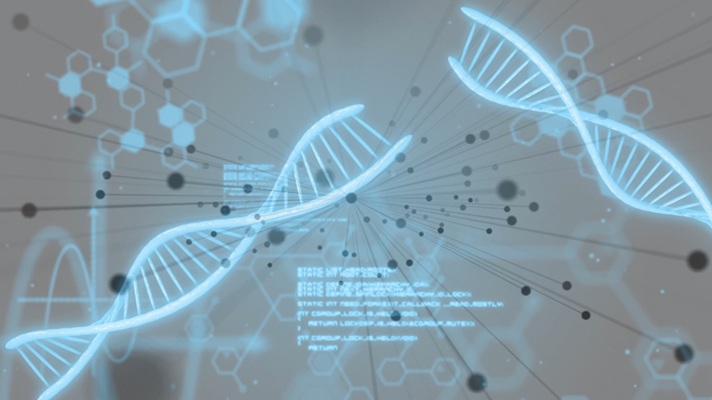New AI Model Predicts Gene Variants’ Effects on Specific Diseases
Posted on 01 Apr 2025
In recent years, artificial intelligence (AI) has greatly enhanced our ability to identify a vast number of genetic variants in increasingly larger populations. However, up to half of these variants are classified as of uncertain significance, meaning their role in causing a disease, if any, remains unclear. Existing AI models are effective at distinguishing which gene variants are more likely to negatively impact protein structure or function, potentially leading to disease. However, these models lack the capacity to connect a specific genetic variant to a particular disease, limiting their usefulness in diagnosis and treatment. Now, researchers have developed a new AI model capable of accurately identifying harmful genetic mutations for more precise diagnoses and treatments.
The novel AI model, named DYNA, was developed by researchers at Cedars-Sinai (Los Angeles, CA, USA) and accurately differentiates between harmful and harmless gene variations, enhancing physicians' ability to diagnose diseases. This new tool has the potential to pave the way for more targeted and personalized medicine. In research published in the peer-reviewed journal Nature Machine Intelligence, the team demonstrated that DYNA outperforms existing AI models in predicting which DNA changes, commonly referred to as mutations, are linked to specific cardiovascular conditions and other diseases.

To create DYNA, the researchers employed a type of AI called a Siamese neural network to refine two existing AI models. These modified models were used to predict the likelihood that particular gene variants are associated with conditions such as cardiomyopathy (heart muscle enlargement, stiffening, or weakening) and arrhythmia (irregular heartbeat). The team then compared DYNA’s results to data from ClinVar, a reputable public database that collects reports of genetic variations linked to diseases. The comparison revealed that DYNA successfully matched the genetic variants with the corresponding diseases.
“For researchers, DYNA provides a flexible framework to study various genetic diseases,” said Jason Moore, PhD, a contributing author of the study and chair of the Department of Computational Biomedicine at Cedars-Sinai. “Future developments could include using DYNA to offer healthcare professionals advanced tools for tailoring diagnoses and treatments to each individual’s genetic profile.”













